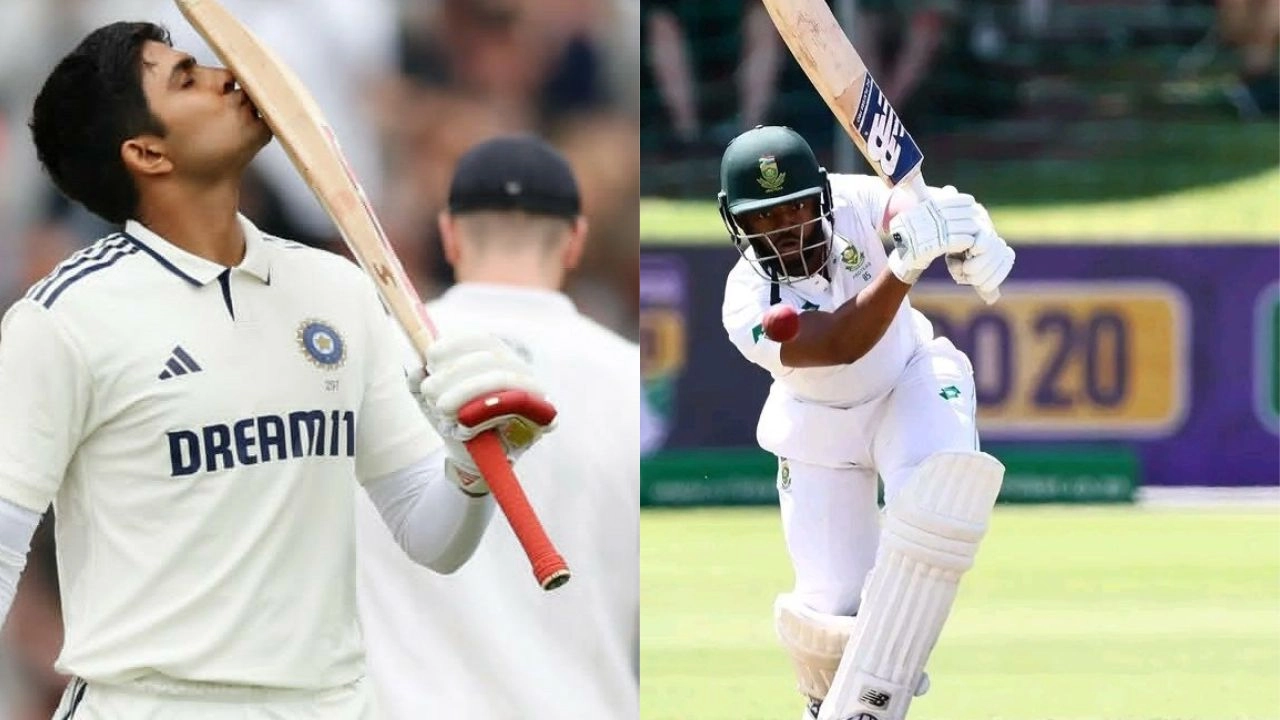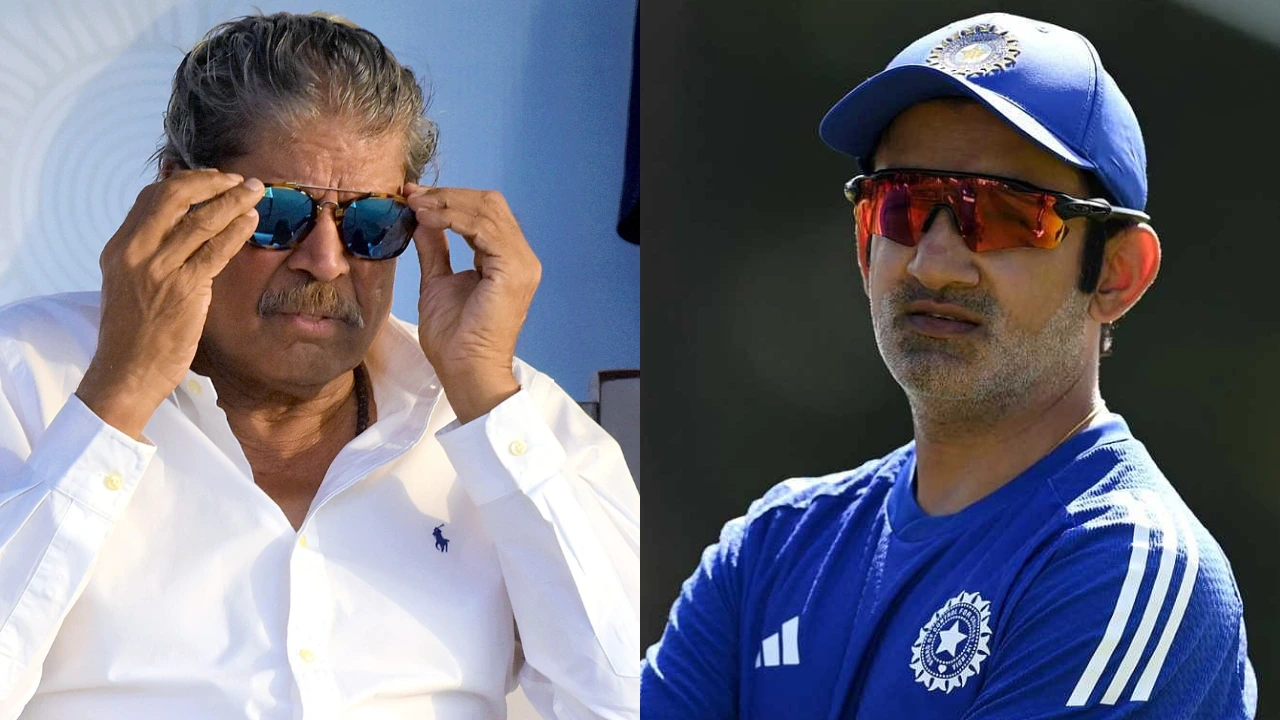Suryakumar Yadav, the explosive Indian batsman, recently made headlines with his candid remarks regarding the leadership of the Indian cricket team during the Asia Cup. Despite being a key player for India, Yadav found himself sidelined during crucial matches, which prompted him to reflect on the dynamics of team selection and captaincy. His comments have sparked discussions among fans and analysts alike, particularly concerning the role of leadership in shaping a team’s performance in high-stakes tournaments.
Yadav pointed out that he felt a sense of disconnect with the team’s strategies and decisions, particularly in relation to the captain’s approach to the game. He implied that certain choices made by the team leadership did not resonate with the players on the field, which could potentially hinder their performance. This frank admission highlights the often-overlooked psychological aspects of team sports, where players thrive not only on skill but also on a strong rapport with their leaders. Yadav’s remarks serve as a reminder that successful teamwork is built on clear communication and mutual understanding.
Moreover, his comments have ignited a conversation about the importance of inclusivity and collaboration within the team. As a player who has shown remarkable potential and talent, Yadav’s insights may be a wake-up call for the management to reassess their approach. The Asia Cup is a significant platform for players to showcase their abilities, and any sense of alienation can affect not just individual performance but the team’s overall morale. Yadav’s willingness to speak out reflects a growing trend among athletes to advocate for an environment where their voices are heard and valued.
In conclusion, Suryakumar Yadav’s blunt remarks about the Indian captain and the team’s dynamics during the Asia Cup underline crucial issues within sports leadership. They emphasize the need for effective communication and the importance of fostering a culture where players feel empowered to express their thoughts. As the cricketing world watches closely, it remains to be seen how these comments will influence team strategies and the broader discourse on leadership in sports. Ultimately, Yadav’s perspective may pave the way for a more cohesive and successful Indian cricket team in future tournaments.




